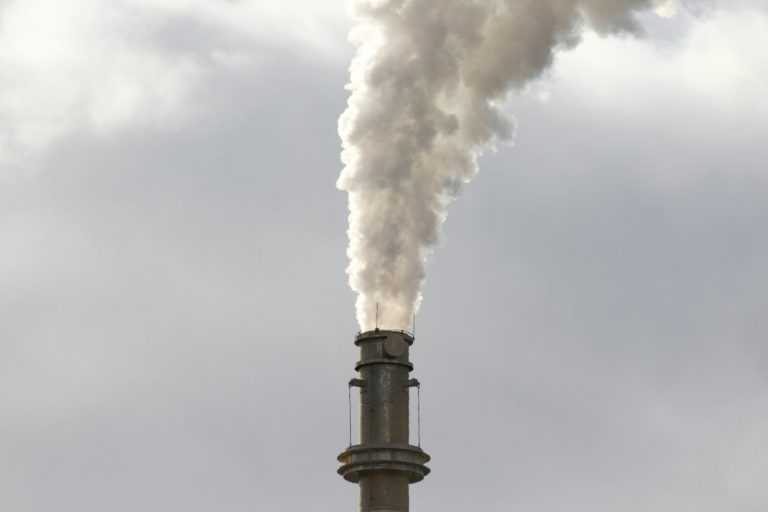The climate crisis challenges existing institutions and governance structures. Broadly speaking, societal drivers are the human actions that cause climate change and the societal factors that shape and condition those actions. This research is typically quantitative and comparative, very structural in orientation, and at large scales (nation states, provinces, cities, etc.). Approaches such as ‘climate emergency’, ‘climate transformation’ and ‘just transition’ are not limited to biophysical, or social and economic changes, but also raise questions of law, authority, and governance. It requires us to study and understand how the status quo is accelerating a ‘climate emergency’, and why we require a departure from current governance regimes, or efforts to revise our fundamental resource practices and solutions.
While the destruction from status quo institutions isn’t new, as noted by Indigenous scholars and leaders who have pointed to the longer term and ongoing destruction of the built world linked to colonialism and colonial governance, new accelerants are putting this in stark focus. This research stream examines the challenges posed by the climate crisis for existing institutions, laws, and governance practices.
We ask: what kinds of novel and reformed governance practices might support more livable futures in a climate-uncertain world? What are the social and institutional norms creating the climate crisis? How, by whom, and to what ends the climate crisis is defined?
Topics in this research stream:
- Government reform
- Inequality
- Extractive economies
- Human actions
- Status quo
- Sustainability
- Societal factors
Project spotlights
Inequality is driving the climate crisis: A longitudinal analysis of province-level carbon emissions in Canada, 1997–2020
 The results indicate that the short-run and long-run effects of the income share of the top 10 % and the top 5 % on province-level emissions are positive, robust to various model specifications, net of multiple demographic and economic factors, not sensitive to exogenous shocks or outlier cases, symmetrical, statistically equivalent for emissions from different sectors, and their short-term effects do not vary in magnitude through time. The findings also consistently show that the estimated effect of the Gini coefficient on province-level emissions is not statistically significant. Overall, the results underscore the importance in modeling the effects of income inequality measures that quantify different characteristics of income distributions, and they are very consistent with analytical approaches regarding power concentration, overconsumption, and status competition that suggest that a higher concentration of income leads to growth in anthropogenic carbon emissions.
The results indicate that the short-run and long-run effects of the income share of the top 10 % and the top 5 % on province-level emissions are positive, robust to various model specifications, net of multiple demographic and economic factors, not sensitive to exogenous shocks or outlier cases, symmetrical, statistically equivalent for emissions from different sectors, and their short-term effects do not vary in magnitude through time. The findings also consistently show that the estimated effect of the Gini coefficient on province-level emissions is not statistically significant. Overall, the results underscore the importance in modeling the effects of income inequality measures that quantify different characteristics of income distributions, and they are very consistent with analytical approaches regarding power concentration, overconsumption, and status competition that suggest that a higher concentration of income leads to growth in anthropogenic carbon emissions.
Climate & Militarism: Systematized Violent Responses to Climate-related Phenomena
In partnership with the Climate & Community Project.
People